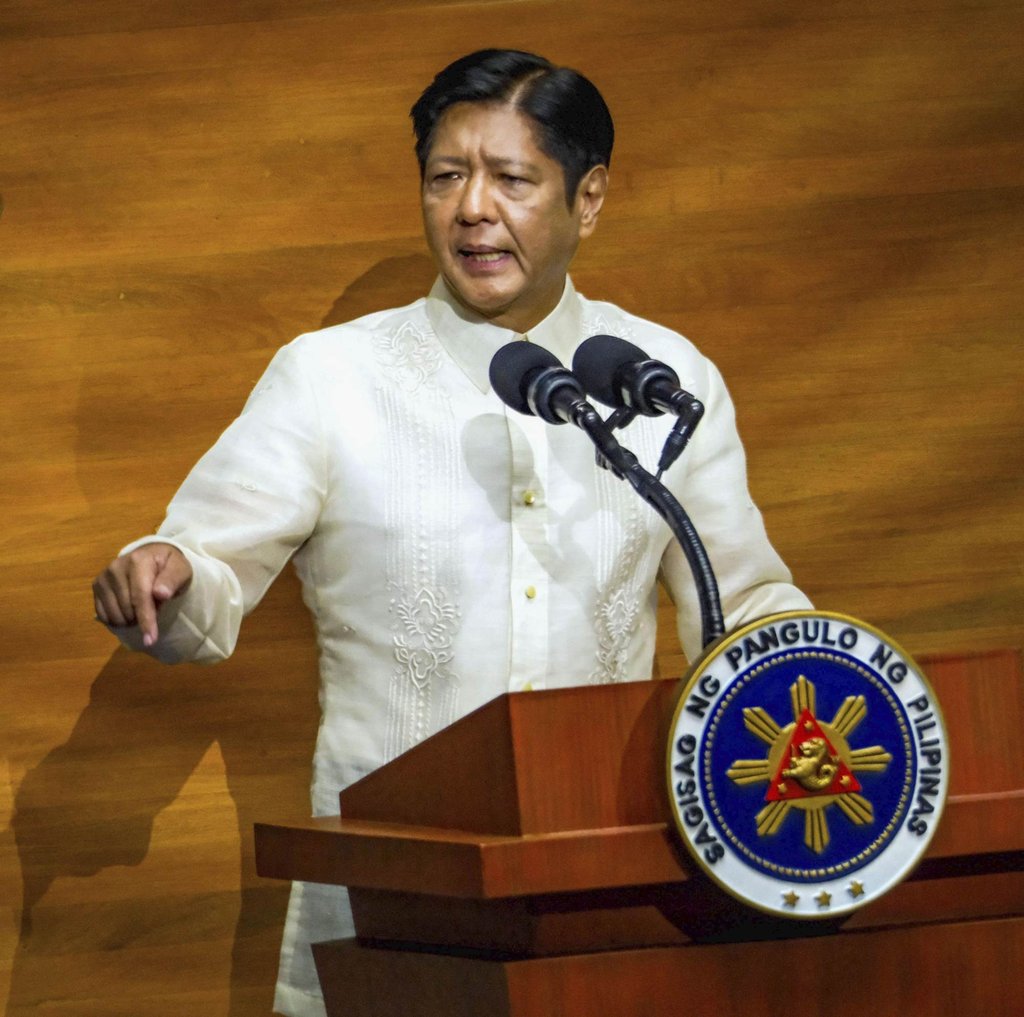After Philippines’ Pogos ban, what next for 40,000 displaced Filipino workers, industry?
- Observers say there should be a sound plan to help local workers move to more stable workforces while curbing Pogos-linked illicit activities for good

President Ferdinand Marcos Jnr’s pronouncement that Philippine offshore gaming operators (Pogos) have been banned in the country “effective immediately” has been widely applauded but also raised many questions, particularly about the 40,000 Filipino workers whose jobs are at stake.
“The grave abuse and disrespect to our system and laws must stop. We need to end their havoc on society and the tarnish of our country,” Marcos Jnr said during his State of the Nation Address on Monday in which he announced the ban, referring to the numerous reports of criminal activities linked to Pogos.
He instructed authorities to send foreign – mostly Chinese nationals – Pogo workers home in two months and to shut down all Pogo businesses by the end of the year.

While many Filipinos welcomed the decision, observers said the ban should be accompanied by a sound plan to help local workers and their dependents transition to more stable workforces while curbing the illicit activities linked to Pogos, such as scams and human trafficking, for good.
“Now that some of our fellow men have become enmeshed and, to some extent, depend on their economic activities in Pogo operations such as transportation services, food business, rent, the outright ban should be accompanied by a well-planned transition from a Pogo-dependent economy,” said Gary Ador Dionisio, dean of the De La Salle – College of Saint Benilde’s School of Diplomacy and Governance.
Following Marcos Jnr’s declaration, the local gaming regulator Philippine Amusement and Gaming Corporation (Pagcor) appealed to spare 12 of the 43 licensed Pogos, which were classified as business process outsourcing (SBPO) firms.
In June, Presidential Anti-Organized Crime Commission Undersecretary Gilbert Cruz said there were more than 300 illegal Pogo hubs in the country since its boom in 2016 as Chinese companies took advantage of the Philippines’ liberal gaming laws.
